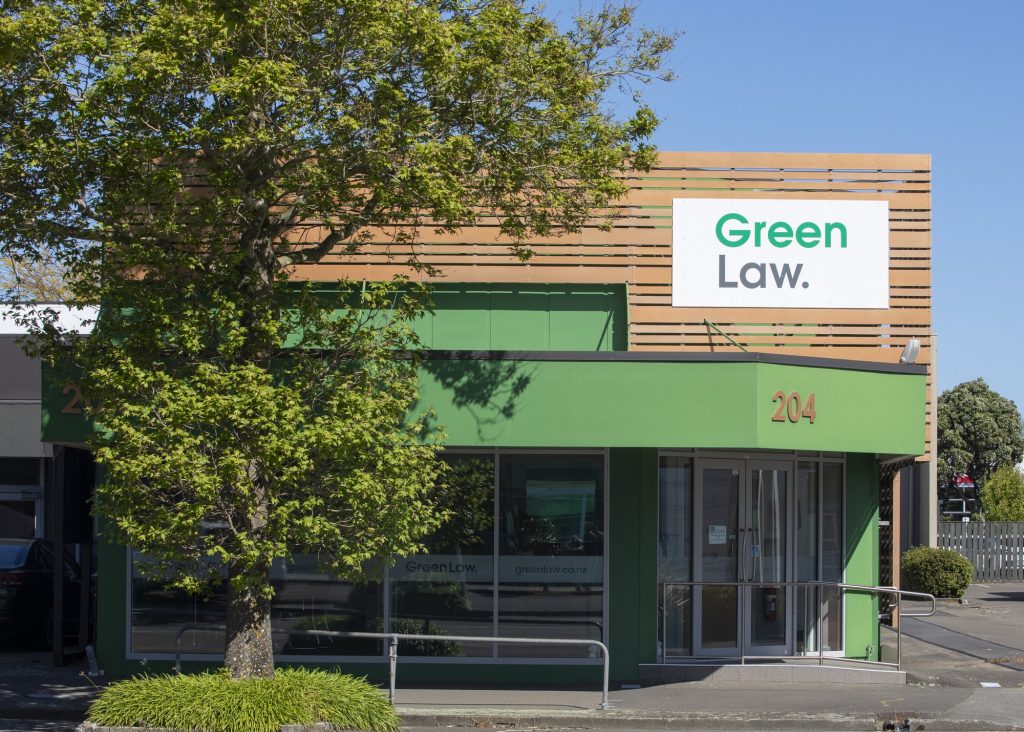If you own a business which operates from commercial premises, it is likely that from time to time there have been disputes with your landlord or “lessor”. Often the location is very important to a business’s value, and so long-term lease security is critical. Disputes can cause both financial and emotional stress.
There are three situations where, either because of a particular dispute over the way a lease is being conducted, or where a lease renewal is denied by the lessor, we are sometimes asked by the tenant or “lessee” about their rights, or to act on their behalf. A legal remedy which can often be applied is known as relief against forfeiture.
- Probably the most common breach of course is missing a rent payment or payments.
Financial challenges, market fluctuations, or unexpected economic downturns can impede a
lessee’s ability to meet their rental obligations. In such cases, seeking relief against forfeiture
becomes a lifeline, giving them a chance to rectify their financial situation and continue their
occupancy. - Sometimes a breach may be claimed against the lessee where alterations to, or
modifications of, the leased premises have been made without obtaining consent from the
lessor. In their enthusiasm to customise the premises, lessees may, usually inadvertently, fall
foul of the lease agreement. Relief against forfeiture may provide the lessee with the chance
to restore the premises to their former state or negotiate a mutually acceptable
arrangement with the lessor. - Less commonly, the actual use of the premises can cause problems, especially where there is
a misuse or unlawful activity being conducted. Relief against forfeiture may provide both
breathing space and an opportunity to resolve the issue.
The other major area where relief against forfeiture can often be sought is where a lessee has failed to give timely notice of its intention to renew the lease. Under the Property Law Act 2007 the Court has a wide discretion to grant relief in such circumstances and will consider:
- Why the tenant did not give timely notice;
- Whether that default was due to an action of the lessor;
- The lessee’s conduct;
- Any prejudice to the lessee or the lessor if the relief is or is not granted;
- The lessor’s motivation for refusing to renew; and
- The interest of third parties.
The terms and conditions of the lease may need to be considered in any of the above situations and alternative remedies to Court action may need to be pursued first – for example mediation or arbitration. Often those dispute resolution processes will be cheaper and faster than going to Court.
Conclusion
From a practical point of view, we strongly recommend to our commercial lessee clients that they have a scheduling bring-up with a backup process to ensure they do not miss the date by which, under the lease, they will need to have advised the lessor of their intention to renew the lease.
Whatever the situation, if you are a commercial lessee at risk of losing your leasehold interest, give us a call and we will help if we can.






